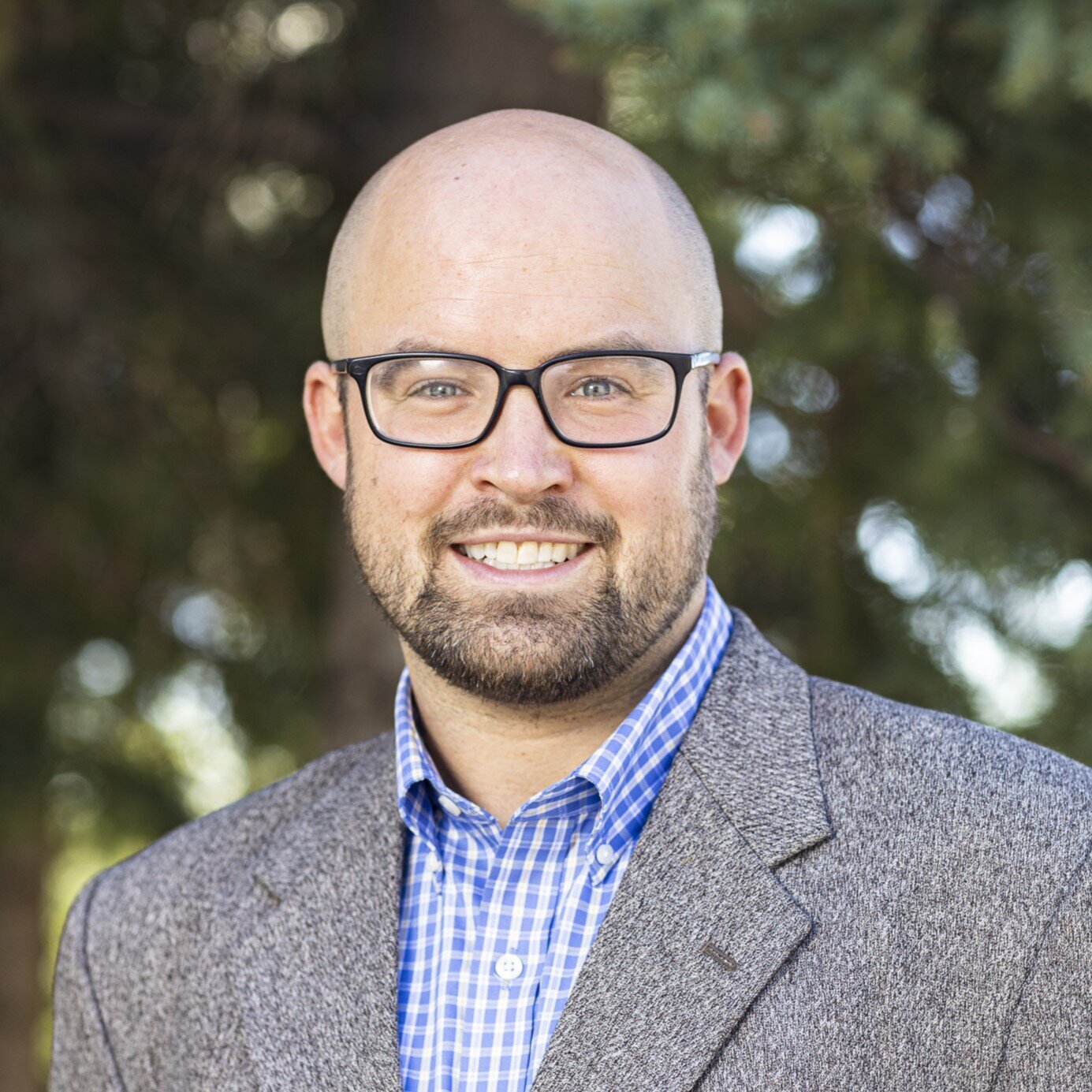The term energy justice refers to the equitable distribution of the benefits and costs of energy production and consumption. Rural areas of Alaska face unique challenges with energy injustice, including limited infrastructure and high energy costs. Energy justice efforts in these regions focus on reducing energy expenses, expanding access to affordable renewable energy, and supporting community-driven solutions that respect traditional knowledge.
Access to affordable and reliable energy is essential for the well-being of communities, and the transition to renewable energy should not come at the expense of communities affected by expanded mining and lack of regulation.
In this webinar, Jasmine Jemewouk, Petla Noden, and Dr. Philip Wight explored community-led solutions and renewable energy initiatives that prioritize equity, health, and resilience for Alaska’s rural residents.
Jasmine Jemewouk discussed why addressing the impacts of “critical” mineral mining is essential to achieving energy justice.
Petla Noden discussed how to pursue a just energy transition in right relationship with the land, as well as the many opportunities for tribes to pursue renewable energy initiatives.
Dr. Philip Wight highlighted the recent progress that has been made to bring clean renewable power to rural Alaska, specifically TCC's Solar + Storage efforts, community wind power, and the promise of residential heat pumps in the Arctic.
Featured Speakers

Jasmine Jemewouk is a graduate of the University of Alaska Fairbanks with a bachelor’s degree in business administration with a minor in rural development. She is Inupiaq, Yupik and Cherokee from the village of Elim, Alaska located in the Bering Straits region. Jasmine works to oppose various mines around Alaska, including the Ambler Access Road Project, Graphite One, Panther Minerals AK Inc. Uranium exploration project, and others. Jasmine began working with ACAT in 2015 as an intern with the STEP-UP program then later joined ACAT's board in 2017. She represented her family and community perspective on the board until she resigned to join ACAT's team as the Water Quality and Community Health Protection Coordinator. Jasmine is very excited to work with ACAT and wants to help her community and future generations to protect themselves from harmful exposures and live a healthy lifestyle.

Petla Noden was born and raised in Dillingham, Alaska, and studied political and environmental science at the University of Alaska Anchorage (UAA), with an emphasis on Alaska Native Studies with the goal of protecting our air, land, and water. His interest in renewable energy began in 2005 after taking an energy course with Nels Anderson. Today, he is a solar trainer, renewable energy consultant, and an alumnus of the Tribal Solar Accelerator Fund/Grid Alternatives. Petla hopes to build, strengthen, and grow all facets of sustainability, particularly in capacity building and streamlining renewable energy projects in Alaska.

Philip Wight, PhD is an Assistant Professor of History and Arctic & Northern Studies at the University of Alaska. He is an energy and environmental historian, with a focus on infrastructure, mobility, and technology. Dr. Wight teaches classes in Alaska history, the contemporary history of the circumpolar north, as well as energy and climate history. His recent research focuses on the electrification of Alaska, community-owned renewable energy, and the history of Alaskan energy policy.
This webinar was hosted by the CHE-Alaska Partnership, which is coordinated by Alaska Community Action on Toxics (ACAT). Driven by a core belief in environmental justice, ACAT empowers communities to eliminate exposure to toxics through collaborative research, shared science, education, organizing, and advocacy.
